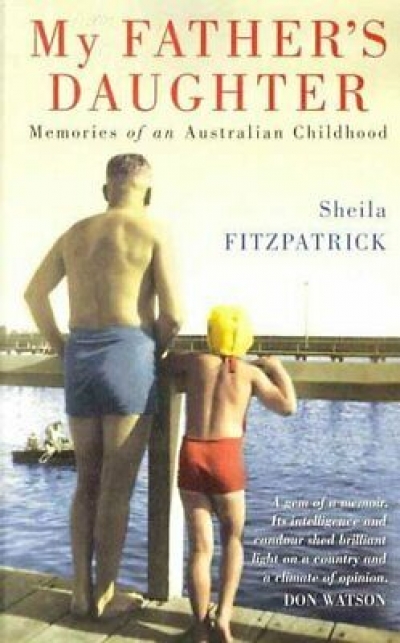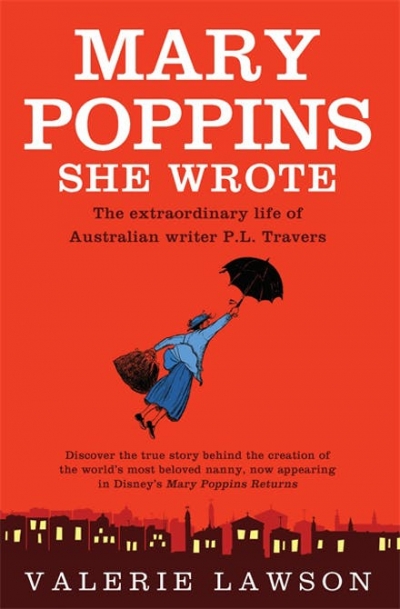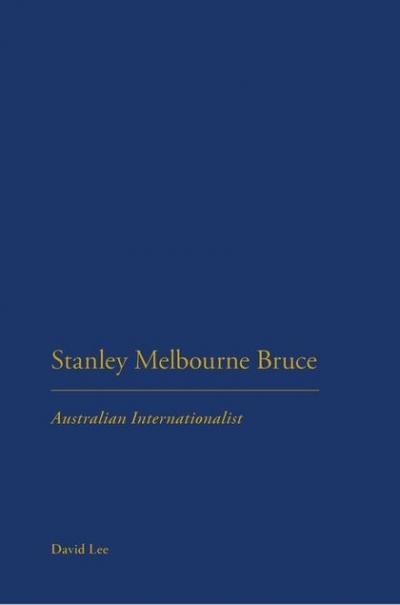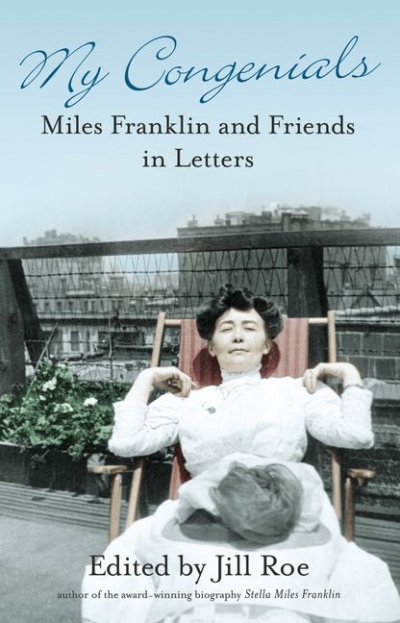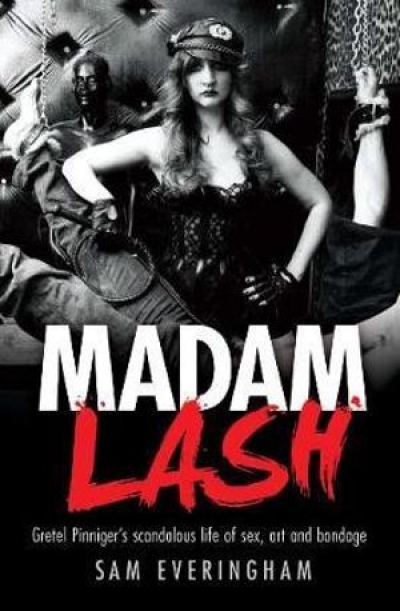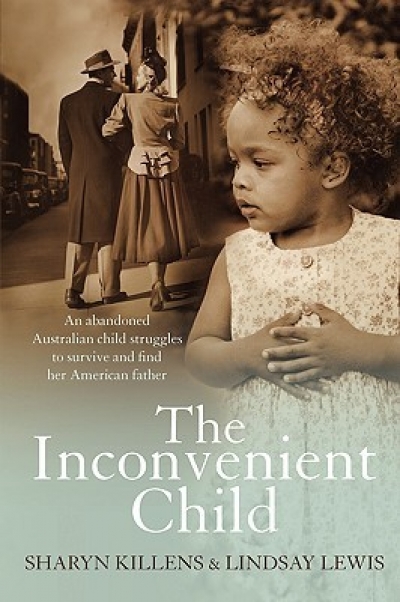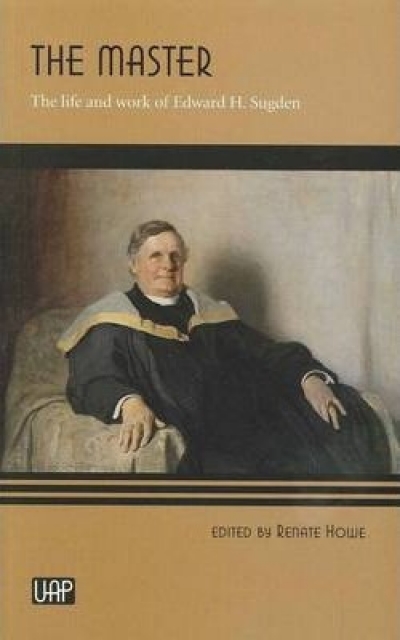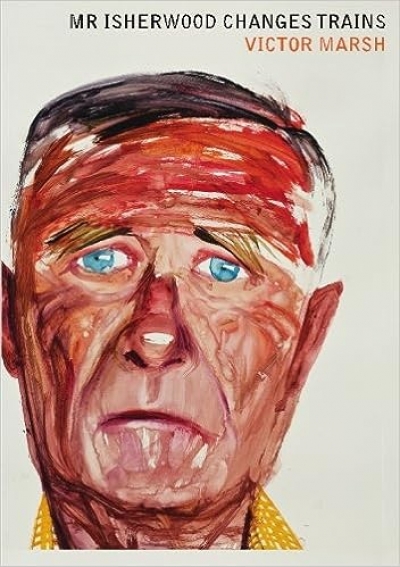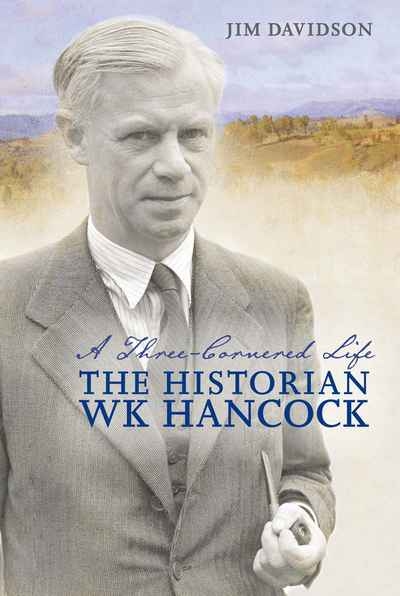Biography
My Father’s Daughter: Memories of an Australian childhood by Sheila Fitzpatrick
by Brenda Niall •
Mary Poppins, She Wrote: The true story of Australian writer P. L. Travers, creator of the quintessentially English nanny by Valerie Lawson
by Lisa Gorton •
Stanley Melbourne Bruce: Australian internationalist by David Lee
by Peter Edwards •
My Congenials: Miles Franklin and friends in letters edited by Jill Roe
by Paul Brunton •
Madam Lash: Gretel Pinniger’s scandalous life of sex, art and bondage by Sam Everingham
by Jay Daniel Thompson •
The Master: The life and work of Edward H. Sugden edited by Renate Howe
by John Rickard •
Mr Isherwood Changes Trains: Christopher Isherwood and the Search for the 'Home Self' by Victor Marsh
by Sarah Kanowski •
A Three-Cornered Life: The Historian W.K. Hancock by Jim Davidson
by Deryck Schreuder •
Biography seems relatively easy to produce, but difficult to write well. It is therefore treated with a certain amount of suspicion by academics. Historians tend to regard it as chatty, not primarily concerned with policy or the identification of social factors; literary people are more sympathetic, but, in order to blot out the prosy or the fact-laden, tend to revert to a default position. Biography for them is basically about writers, and best written by literary academics.
... (read more)
